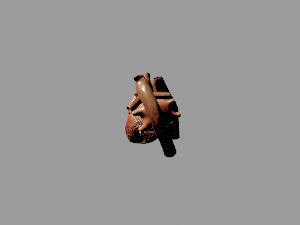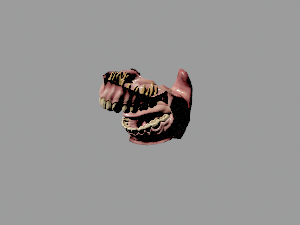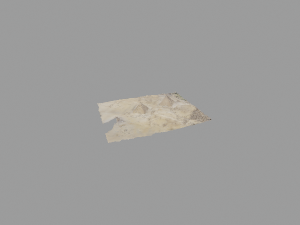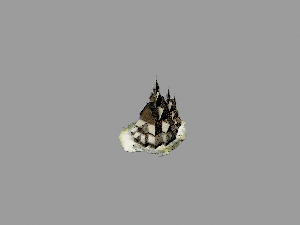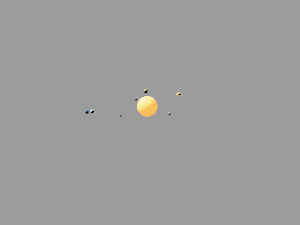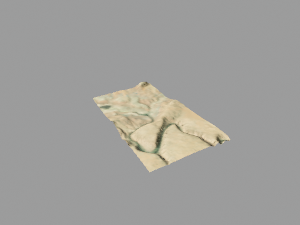Articles Gallery: Difference between revisions
No edit summary |
No edit summary |
||
| Line 15: | Line 15: | ||
== Astronomy and Space Science == | == Astronomy and Space Science == | ||
3D visualization in astronomical subjects makes vast scales and complex structures accessible. These models can illustrate orbital dynamics, spatial relationships, and the design of space missions to engage both the public and researchers. | 3D visualization in astronomical subjects makes vast scales and complex structures accessible. These models can illustrate orbital dynamics, spatial relationships, and the design of space missions to engage both the public and researchers. | ||
[[File:Solar_system.glb|300px|link=Solar_System]] | |||
== Engineering and Transportation == | == Engineering and Transportation == | ||
Revision as of 17:35, 16 August 2025
Explore Wikipedia articles with interactive 3D models for an immersive learning experience.
Medicine and Anatomy
Interactive 3D models in medical articles allow students, educators, and professionals to explore complex anatomical structures dynamically. This enhances spatial understanding and improves both teaching and self-directed learning in health sciences.
Architecture and Cultural Heritage
For historical sites and architectural wonders, 3D models bring cultural heritage to life. They allow users to experience the design, construction, and spatial relationships of ancient and iconic structures, supporting preservation and public education.
Astronomy and Space Science
3D visualization in astronomical subjects makes vast scales and complex structures accessible. These models can illustrate orbital dynamics, spatial relationships, and the design of space missions to engage both the public and researchers.
Engineering and Transportation
Interactive 3D models allow enthusiasts, students, and professionals to explore the design and functionality of complex machines. These models illustrate key engineering principles and innovations in transportation.
Natural Landscapes and Geography
3D models of natural landscapes and geological formations provide an immersive way to appreciate the scale and intricate details of Earth’s features. They support educational initiatives in earth sciences and environmental studies by offering intuitive, visual representations.

